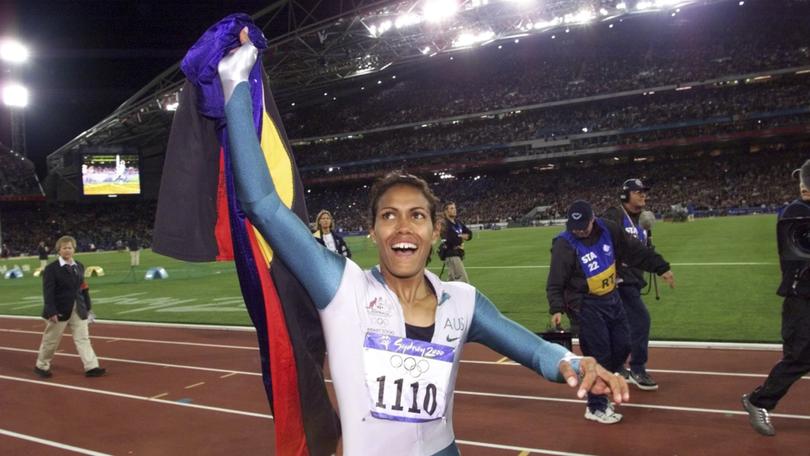EDITORIAL: All Australians deserve access to free-to-air sport
EDITORIAL: In this country, sport matters. It’s part of the very fabric of our culture. It’s the great leveller which cuts across social classes and tax brackets.

In this country, sport matters.
It’s part of the very fabric of our culture. It’s the great leveller which cuts across social classes and tax brackets.
For decades, the incredible importance of sport to Australia’s social cohesion has been recognised through our country’s anti-siphoning rules.
Sign up to The Nightly's newsletters.
Get the first look at the digital newspaper, curated daily stories and breaking headlines delivered to your inbox.
By continuing you agree to our Terms and Privacy Policy.Those rules protect by law the rights of Australians to watch culturally significant sporting events live and free, by guaranteeing free-to-air broadcasters the first option to bid for such events, ahead of pay-per-view and streaming services.
In theory, they mean that anyone with access to a TV is able to watch events including the Melbourne Cup, the Olympics, and Matildas and Socceroos games at FIFA world cups.
But as so often happens, fast-moving technology means our laws are struggling to keep pace.
As the laws stand, the only rights available to the free-to-air broadcasters are for broadcast on linear TV — that means tellies plugged into aerials.
But an increasing number of households are choosing to watch content on free-to-air TV over the internet, via the broadcasters’ apps. Oztam estimates up to 30 per cent of the audience is watching free-to-air TV in this way, and it’s those people who will be shut out of key cultural moments if the laws don’t change to keep up.
A coalition of free-to-air broadcasters including the Seven Network, which publishes The Nightly, argued the legislation needed to be changed to bundle free broadcast and digital rights, to ensure all Australians have access to these events, regardless of how they choose to access TV content.
It seems a no-brainer.
But remarkably, a Senate committee tasked with looking into how the laws could be amended has not recommended updating this aspect of the legislation.
The Greens slammed the committee’s lackadaisical attitude to reform, saying that if passed in its current form the Bill would be obsolete before it is fully implemented.
The committee also recommended a 12-month deadline for makers of smart TVs to give the freely available apps of free-to-air broadcasters prominent positions on TV home screens. The broadcasters had been advocating for a six-month deadline and for changes to also apply to TVs already in consumers’ homes.
At present, many smart TV makers give their prime screen real estate to international streaming services, such as Netflix and Disney+. The Senate inquiry heard that making Australian content difficult to find led some consumers to believe they needed to pay for streaming services in order to enjoy their favourite programs when the same content was available for free through free-to-air apps.
If it misses this opportunity to modernise Australia’s outdated broadcasting laws, the Government will leave a sizeable chunk of Australians worse off. They won’t have guaranteed access to some of our most important cultural events and they may find themselves duped into paying international conglomerates in order to watch home-grown content.
Let’s hope the Government sees sense on this issue and doesn’t dud Australians.
Responsibility for the editorial comment is taken by The Nightly Editor-in-Chief Anthony De Ceglie.
